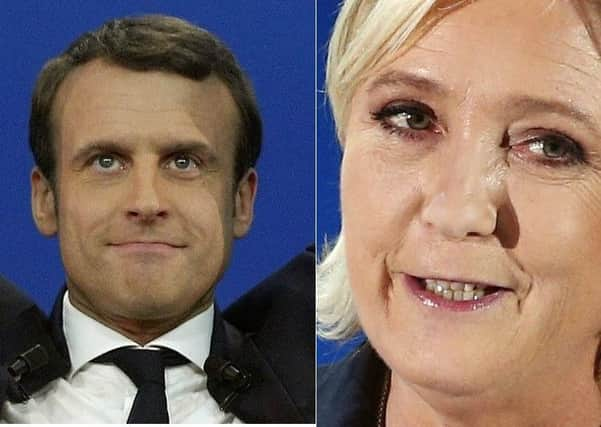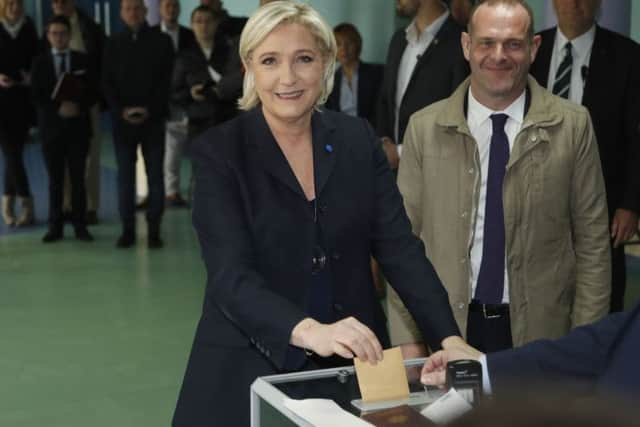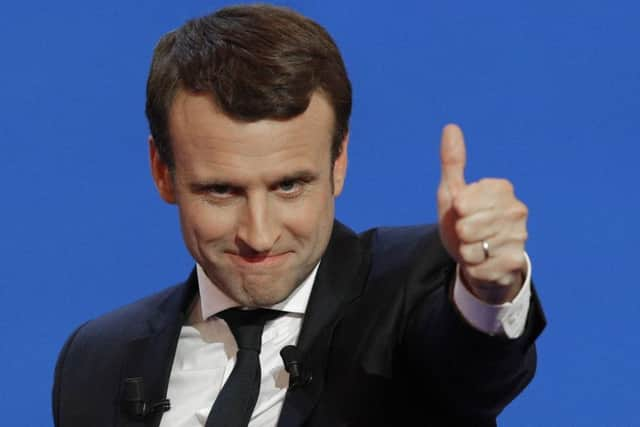Portsmouth lecturer: '˜French election could make Brexit tougher for the UK'


Macron, a successful investment banker, was unknown from the general public only three years ago.
After a brief spell as President Hollande’s finance minister, he became convinced that no serious reforms would be achieved as long as the continuous and dogmatic confrontation between conservative and socialist parties prevented the finding of pragmatic solutions.
Advertisement
Hide AdAdvertisement
Hide AdIn April 2016 he launched a new party En Marche! (Let’s go!) with reformists mainly drawn from civil society in an attempt to renew France’s political personnel.


Macron proposes to modernise France’s economic and social model, place the country at the centre of a reformed, less bureaucratic EU, and convince the French that they have nothing to fear and everything to gain from globalisation.
Le Pen is equally sanguine about the French political elite, but what she offers is radically different: a referendum on Frexit, the return to the French franc, a strict immigration policy and border controls, a return to traditional values, and the sort of protectionist and interventionist economic policy that the old left once favoured.
She has transformed the image of the Front National - created in 1972 to unite neo-fascist groups under her father’s leadership - into a populist, Eurosceptic and ultra-nationalist party.
Advertisement
Hide AdAdvertisement
Hide AdFor her, the people are never wrong, the elites are always corrupt, while the ‘others’ - the EU, Muslims, Jews, or the world of global finance, that Macron is supposed to represent - all conspire to undermine France’s sovereignty and grandeur.


The FN’s image may have changed but xenophobia, anti-Semitism and Islamophobia are never very far from its surface.
On May 7, the French will have to choose between two very different futures, and two different ways of defining what it means to be French and European today.
Macron is likely to win the second round not because he has created a strong political dynamic, but also because Le Pen’s programme still repels a majority of voters.
If Macron wins the French presidency, Brexit negotiations will be tougher for the UK.
Emmanuel Godin, Principal Lecturer in French studies, University of Portsmouth